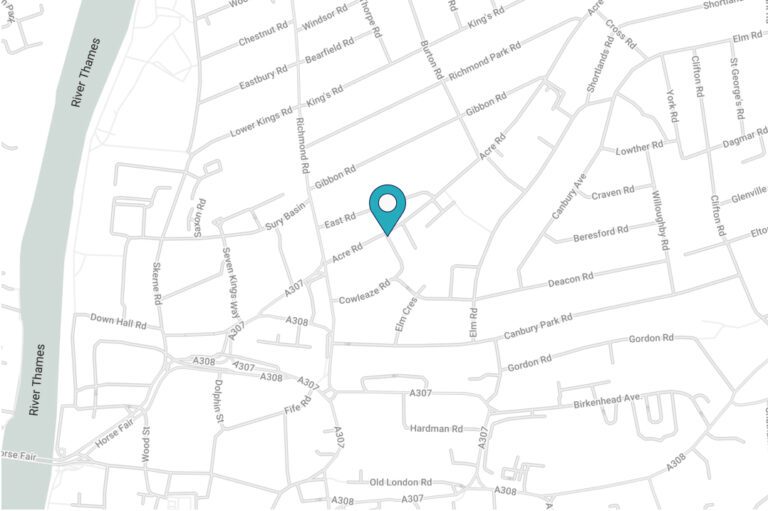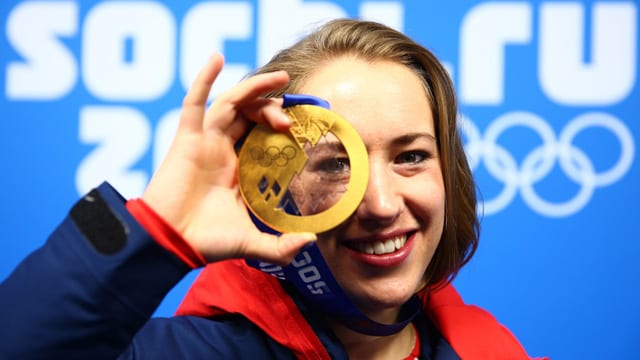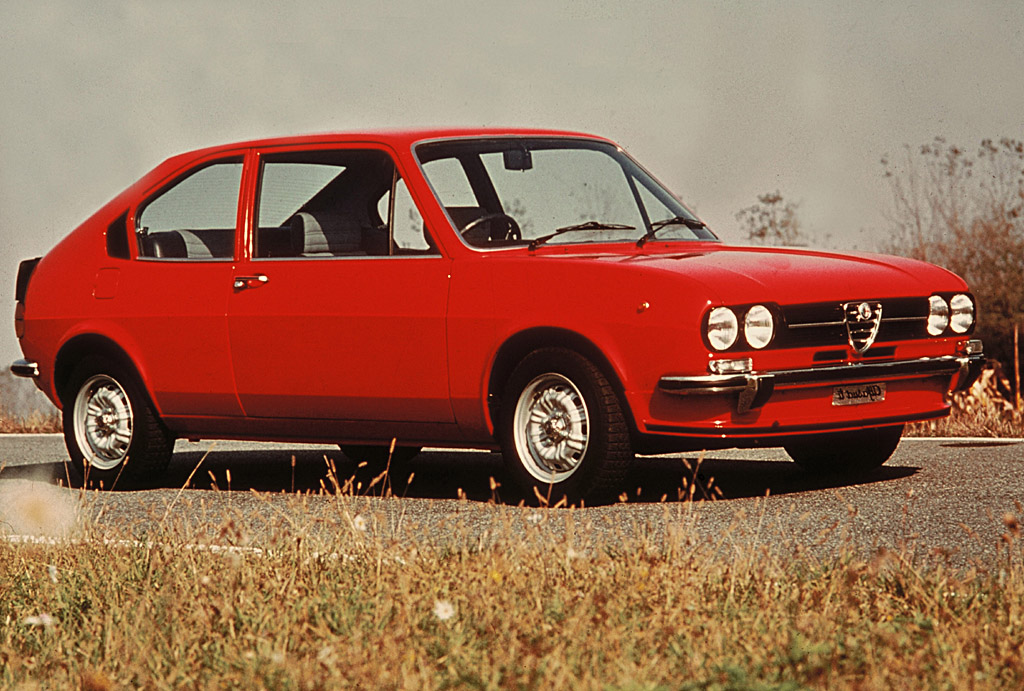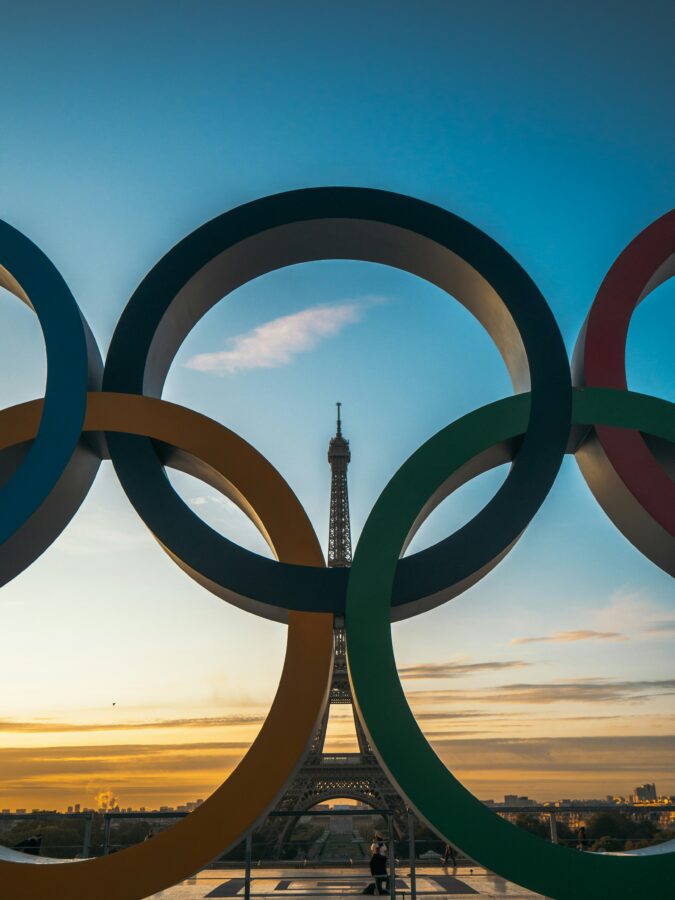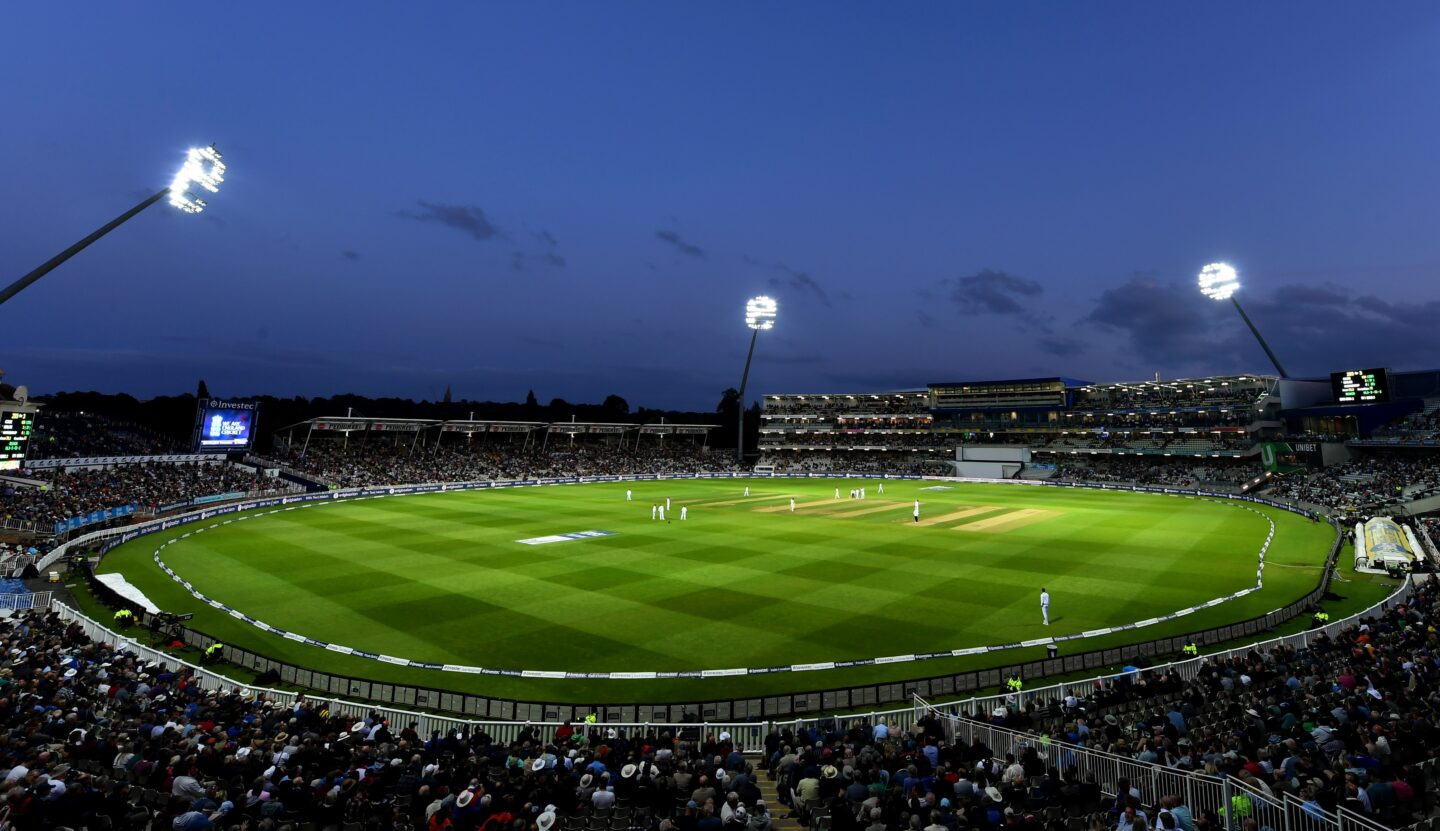With the tide of pre-event negativity that was threatening to overshadow The World’s Most Expensive Games in Olympic History™, Performance Communications took a daily look at what UK-based fans were thinking, saying and feeling as the action at Sochi unfolded.
The stakes were high. In fact never higher, as Putin’s administration emphatically embraced world sport to the tune of $50bn as a means to showcase the ‘new’ Russia to the world.
Every day we used our listening tools to chart Sochi mentions– on social media, news sites, blogs and forums – and recorded the daily sentiment level using our highly scientific scale:
Despite the head wind created by furore over gay rights, terrorist threats, exorbitant spend, climate suitability, venue readiness, it was Putin’s hard-held belief that sport, at its highest level, would serve to facilitate development and unity.
And so it proved.
 The Russian Olympic Committee vowed to deliver a ‘technically excellent international sporting event for the world to enjoy’, and they did not disappoint.
The Russian Olympic Committee vowed to deliver a ‘technically excellent international sporting event for the world to enjoy’, and they did not disappoint.
As soon as the Games got underway and the media turned their focus away from their half-ready accommodation, and flawed opening ceremony it was difficult not to be impressed by the quality of production behind every event – and this was reflected in online chat.
Jenny Jones produced the first noticeable uplift in positivity when she scored Britain’s inaugural Winter Olympics medal on snow, leading to a 6 point rise in sentiment, but after that it was @TheYarnold, and curlers who stole the show.
Lizzie Yarnold proved to be the queen of Sochi both on and off the ice as her gold medal-winning performance on Valentine’s Day produced the most positive day of the Games – at 87/100 – wholly appropriate then that she carried the Team GB flag at the Closing Ceremony.
The afterglow of the British Men’s and Women’s curling teams progression to the semi-finals and finals saw sentiment soar in the middle of the Games’ second week to a high of 72/100 points.
The slope gradient was not always positive however as two valleys are clearly visible between the peaks; one caused by fog on the second Monday which brought snow action to an abrupt halt (not much Putin could have done about that) and then the biggest drop in sentiment on the second Wednesday when Cossacks were shown beating a prone member of Pussy Riot (perhaps one where Vlad could have had a say).
The end of games report was good. No major security incidents transpired, no anti-gay views were expressed by Russian athletes and the snow stayed frozen – mostly. The Russian ice hockey team got eliminated early, but the effect of that will largely have been felt domestically.
In terms of an exercise in demonstrating the country’s long-term hosting credentials, we have to believe that this year’s F1 GP and the 2018 World Cup are in good hands.
The rhetoric about the legacy from the games also appears well researched. As Seb Coe says, the real test of that, as with London, will be in ten years’ time.
Whilst we wait, I’m not sure I’ll be queuing for a visa to make my next holiday a Russian one, but the nation’s place on the global sporting stage has fully been established and is likely to be one which lasts – Putin will be happy!
P.S. Did anyone ever find out what the slogan Hot.Cool.Yours actually meant? Answers in the comment below please
